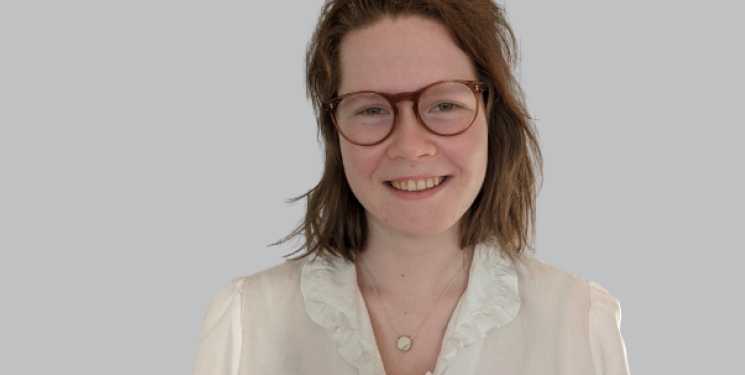The 2024 European Social Services Conference (ESSC) entitled ‘Co-Creating Future Social Services’ will put the spotlight on partnership and involvement for improved planning of social services in the community. To focus the discussions on the 3 key thematic strands of the conference: local social inclusion, managing the future workforce and digital social inclusion, the European Social Network (ESN) is developing an engaging programme that will provide delegates with knowledge and new ideas to implement positive change in their communities.
The first conference plenary session will highlight community development practices that bring together local stakeholders and encourage citizen participation. Cormac Russell, the founder of Nurture Development, based in Ireland, is an internationally recognised expert in Asset-Based Community Development (ABCD). He will discuss specific examples from his work of training organisations all over the world to authentically create the conditions for community centred development and inspire delegates to think about how they can build their communities at a deeper level. Cormac will be joined by Angela Blanchard, a globally recognised expert practitioner in community development and long-term resettlement. Angela will focus on the constructive steps communities can take to welcome and integrate displaced persons and build their communities within the context of displacement.
The second plenary session will address ways in which social services can manage the workforce of the future. Social services can only be delivered through a sustainable workforce that is supported to implement local, personised solutions to improve people’s wellbeing. Siobhan Maclean will present her findings on supporting social workers and supervisors in their roles. She has written many books and undertaken trainings to teach social workers to be more creative and reflective in their practice. Within social services, long-term care is of paramount importance in terms of resources. Tine Rostgaard will take the audience through the concept of reablement in care for people with long-term needs and what this means for its workforce.
The third plenary session will focus on digital social inclusion and the use of technology in social services. Cherrie Short, from New York University and former UK government Race Equality and Human Rights Commissioner with many years of experience in capacity and community development, will focus on digitalisation and AI in social services. Matthias Berg, whose research focuses on digital services for the public sector, will take us through innovation learnings in digital developments for social services. The final speaker confirmed for this session is Carme Torras, from the Spanish Scientific Council, who advises government on social robotics applied in care and the ethics of this process.
The conference programme is still under development and we look forward to sharing details on newly confirmed speakers in due course. The plenary programme will also be supported by an exciting technical programme, consisting of interactive sessions, thematic panel discussions, a project forum and a walking practice fair. The conference Advisory Committee is currently reviewing the 95 submissions we received to contribute to the conference programme. The submissions come from 26 different countries and showcase a variety of innovative and creative initiatives related to co-production across all social services.


